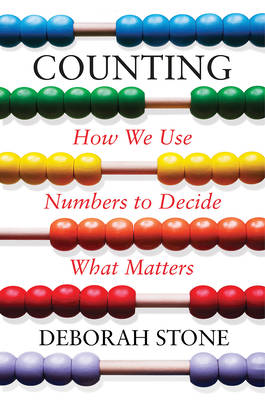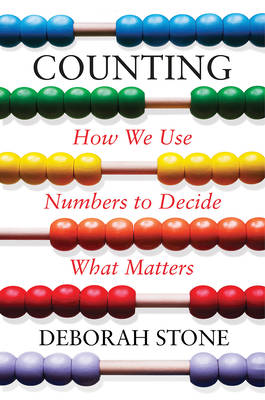
- Afhalen na 1 uur in een winkel met voorraad
- In januari gratis thuislevering in België
- Ruim aanbod met 7 miljoen producten
- Afhalen na 1 uur in een winkel met voorraad
- In januari gratis thuislevering in België
- Ruim aanbod met 7 miljoen producten
Omschrijving
And yet, in this age of big data and metric mania, numbers shape almost every facet of our lives: whether we get hired, fired, or promoted; whether we get into college or out of prison; how our opinions are gathered and portrayed to politicians; or how government designs health and safety regulations. In warm and playful prose, Counting explores what happens when we measure nebulous notions like merit, race, poverty, pain, or productivity.
When so much rides on numbers, they can become instruments of social welfare, justice, and democracy--or not. The citizens of Flint, Michigan, for instance, used numbers to prove how their household water got contaminated and to force their government to take remedial action. In stark contrast, the Founding Fathers finessed an intractable conflict by counting each slave as three-fifths of a person in the national census. They set a terrible precedent for today's politicians who claim to solve moral and political dilemmas with arithmetic.
Suffused with moral reflection and ending with a powerful epilogue on COVID-19's dizzying statistics, Counting will forever change our relationship with numbers.
Specificaties
Betrokkenen
- Auteur(s):
- Uitgeverij:
Inhoud
- Aantal bladzijden:
- 312
- Taal:
- Engels
Eigenschappen
- Productcode (EAN):
- 9781631495922
- Verschijningsdatum:
- 6/10/2020
- Uitvoering:
- Hardcover
- Formaat:
- Genaaid
- Afmetingen:
- 145 mm x 211 mm
- Gewicht:
- 430 g

Alleen bij Standaard Boekhandel
Beoordelingen
We publiceren alleen reviews die voldoen aan de voorwaarden voor reviews. Bekijk onze voorwaarden voor reviews.









